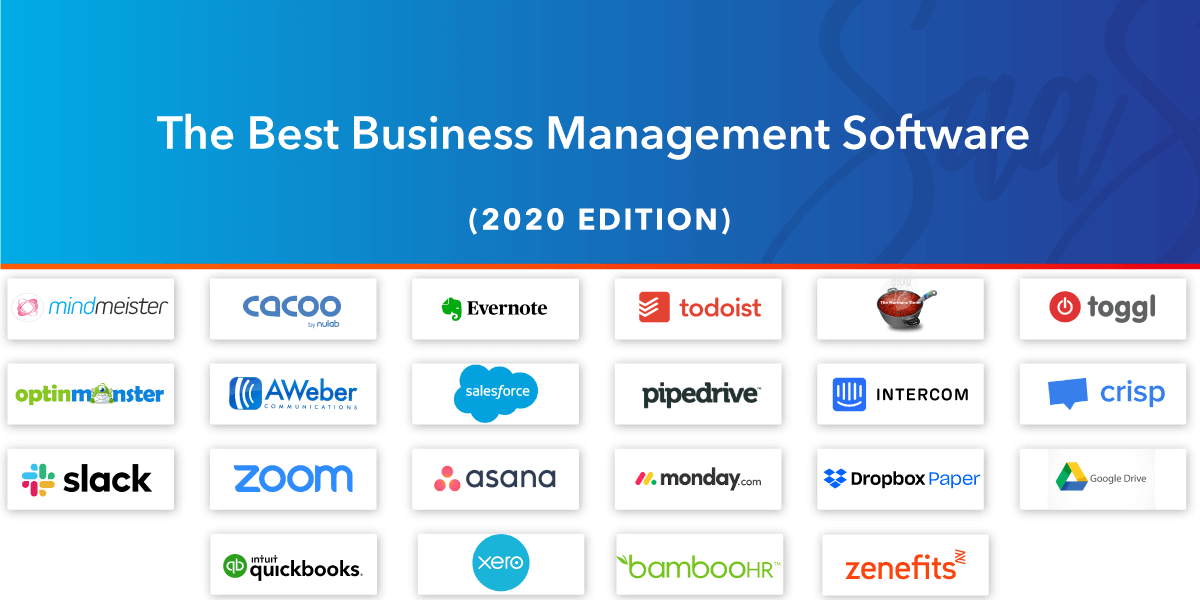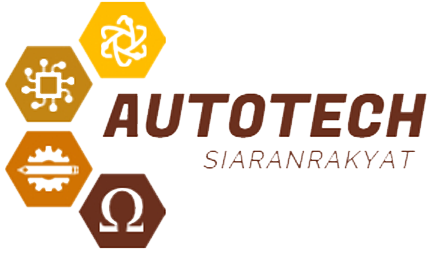Top software solutions for businesses are crucial for streamlining operations, boosting productivity, and driving growth. This exploration delves into the diverse landscape of software available, examining categories like CRM, ERP, and project management tools, and considering factors such as cost, implementation, security, and scalability. We’ll also analyze how choosing the right vendor and integrating software seamlessly impacts a business’s success.
From small startups to large enterprises, the right software can be the difference between success and stagnation. This guide aims to provide a comprehensive overview, helping businesses navigate the complex world of software solutions and make informed decisions to optimize their operations and achieve their strategic goals. We will cover various aspects, from evaluating key features and understanding pricing models to addressing security concerns and ensuring smooth user adoption.
Defining Business Needs: Top Software Solutions For Businesses

Choosing the right software is crucial for business success. Understanding your specific needs is the first, and arguably most important, step in this process. Failing to accurately assess these needs can lead to costly mistakes, inefficient workflows, and ultimately, hindered growth. This section will explore how to define those needs effectively.
The impact of software solutions on core business functions is undeniable. Effective software significantly improves operational efficiency, streamlines communication, and enhances decision-making.
Core Business Functions Impacted by Software
Software solutions significantly influence three core business functions: operations, sales & marketing, and finance. Operational efficiency is boosted through automation, data management, and resource allocation tools. Sales and marketing benefit from CRM systems, marketing automation platforms, and data analytics for targeted campaigns and improved customer relationship management. Financial management is streamlined with accounting software, budgeting tools, and financial reporting systems, leading to improved accuracy and timely insights.
Software Needs: Small Businesses vs. Large Enterprises, Top software solutions for businesses
Small businesses and large enterprises have vastly different software needs. Small businesses often require simpler, more affordable, and easier-to-use solutions that can be implemented quickly. They may rely on all-in-one solutions or a limited number of specialized tools. In contrast, large enterprises typically require more complex, integrated systems that can handle large volumes of data and support a wider range of functionalities. These systems often require significant upfront investment and ongoing maintenance. For example, a small bakery might use a simple point-of-sale system and basic accounting software, while a multinational corporation would need a sophisticated ERP (Enterprise Resource Planning) system integrated with CRM, supply chain management, and other specialized modules.
Industry-Specific Software Requirements
Industry-specific requirements significantly impact software choices. The software needs of a healthcare provider differ greatly from those of a manufacturing company. Healthcare software must comply with strict regulations regarding patient data privacy and security (HIPAA in the US, for example), while manufacturing software might focus on production scheduling, inventory management, and supply chain optimization. A legal firm requires software focused on document management and client relationship management, while a retail business may need a robust point-of-sale system and inventory management software. These industry-specific requirements necessitate careful consideration of compliance, specialized functionalities, and integration capabilities when selecting software solutions.
Ultimately, selecting the optimal software solutions for a business requires careful consideration of numerous factors. By understanding the specific needs of your organization, evaluating available options, and planning for implementation and integration, businesses can leverage technology to enhance efficiency, improve decision-making, and achieve a significant return on investment. The future of business software is constantly evolving, with emerging technologies promising even greater potential for growth and innovation.
Selecting the right software is crucial for business success. Many factors influence this choice, including the specific needs of the company and the available resources. For businesses leveraging machine learning, a key consideration often involves choosing between leading deep learning frameworks; understanding the nuances of TensorFlow vs PyTorch is vital in this decision-making process. Ultimately, the best software solution will be the one that most effectively supports the business’s overarching goals.
Selecting the right software is crucial for business success, impacting everything from productivity to profitability. A significant area of technological advancement lies in the application of AI, particularly within healthcare; for instance, exploring the innovative applications detailed in this article on AI tools for healthcare can provide valuable insights. Understanding these advancements helps businesses identify potential collaborations and integrate cutting-edge solutions into their operational strategies.
